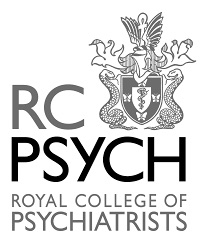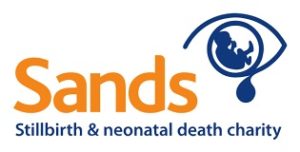Perinatal mental health commonly refers to a woman’s mental health during pregnancy and the post partum period. But both parents (to be) can be affected by psychological difficulties during that time. As well, adoptive parents or parents having a baby through surrogacy can experience emotional problems while waiting or after welcoming their baby.
credit: Women College Hospital (WCH)
Perinatal mental health is a serious matter often neglected. It is very common to experience a wide range of emotions during this period. Becoming a parent, even if it is not the first child, is the change of a lifetime and a challenge that can bring happiness and joy as well as doubt, anxiety, fears and sadness. Most of the time, these emotions are mixed and overwhelming.
And sometimes, a parent (to be) can develop an illness (ante or post natal depression, perinatal OCD, post partum psychosis, birth trauma, etc.) or can relapse from their known but stable mental illness (deterioration of a bipolar disorder, a recurrent depression, a schizophrenia, a post traumatic stress disorder, etc.). They can have a serious impact on the parent, their family and their baby’s development.
These illnesses are treatable with the right help and support (formulation / diagnosis, psychological input and medication, regular reviews). Each parent and each family is different, so there is no “one size fits all” treatment plan. It needs to be co-constructed with parents and their family, reviewed and adjusted regularly with a perinatal psychiatrist.
Resources in English
The Royal College of Psychiatrists produces a variety of pages about maternal mental health in collaboration with psychiatrists and patients.
Resources in French
Fiche action: Troubles émotionnels et psychiques des mères en post-partum, INPES – Santé publique France (2010)
Article: La dépression du post partum chez les pères
Perinatal loss (death of an infant during pregnancy or soon after birth) is a tragedy. It is one of the most devastating events a family can experience. It is important to recognise that the nature of this unique loss usually makes grieving more complicated. In some cases, it requires specialist help.
Resources in English
Sands is the stillbirth and neonatal death charity. Founded in 1978, Sands exists to reduce the number of babies dying and to ensure that anyone affected by the death of a baby receives the best possible care and support for as long as they need it wherever they are in the UK.
Resources in French
Article: Deuil perinatal, la perte d’un bébé qu’on attendait

